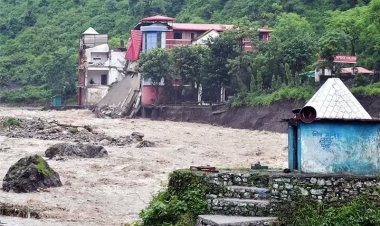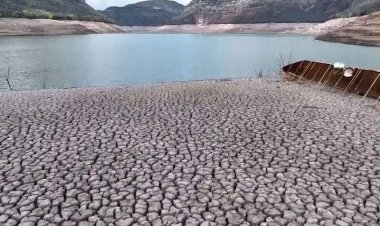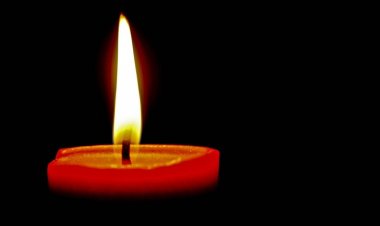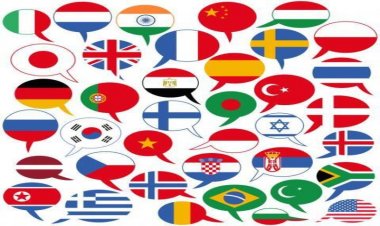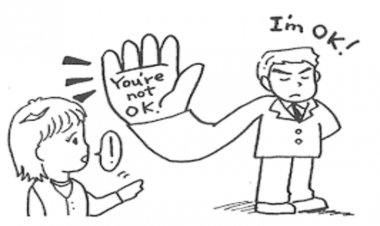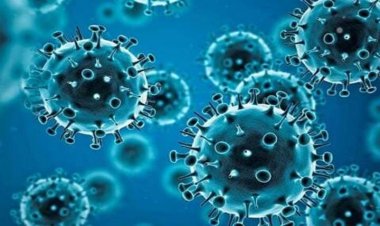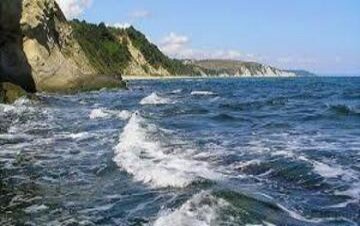France temporarily bans fishing to protect dolphins
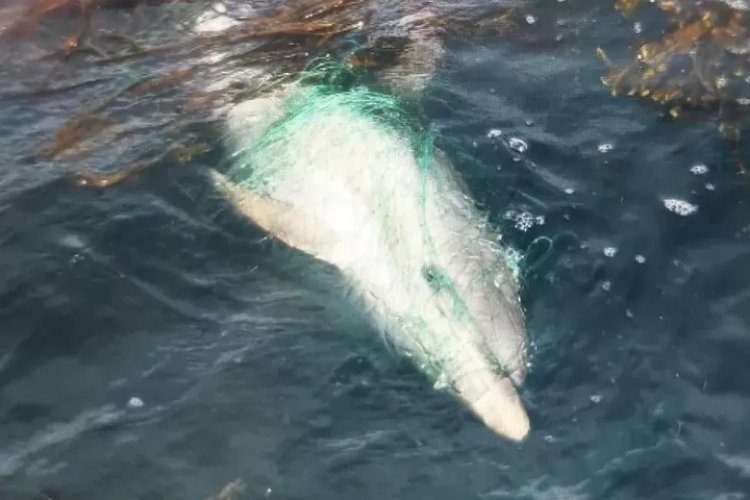
France has announced a temporary ban on almost all commercial fishing in the Bay of Biscay to protect dolphins.
It will start on Monday and run until 20 February affecting fishing grounds off the country's Atlantic coast.
French marine experts CIEM estimate around 9,000 dolphins die in the bay each year after being accidentally caught in fishing gear.
Local fishermen say the ban is "absurd" and fear losing money - but the government has promised compensation.
Last year the country's top administrative court, the State Council, ordered the move after environmentalists called for better protection for the marine mammals.
The ban, lasting about a month, is the first since the end of the World War Two, according to news agency AFP. Fishing will cease almost entirely during the ban covering an area from Finistere in Brittany to the Spanish border.
Boats longer than 8m (26.2ft) will be affected with reports suggesting this could mean around 450 French vessels are out of action.
Some in the industry estimate they could lose millions of euros in revenue but the French government has promised compensation. Minister Christophe Béchu told TF1 TV that up to 75% of losses would be covered and paid "as quickly as possible".
Fisherman Raymond Millet, from La Rochelle on the west coast, says vessels 9 to 11m (29.5ft to 36.1ft) long "are not the kind of boats that fish for dolphins".
"It's absurd to stop businesses like this for a month."
Others say compensation promised by officials is insufficient while French fishing industry body CNPMEM denounced "extremist NGOs" and claimed the marine mammals are "not endangered".
Environmentalists say animals can become entangled or wrapped in things like nets, ropes and lines from fishing vessels. Smaller species often die immediately, says the International Whaling Commission, as they are unable to get to the surface to breathe.
Larger animals can end up towing heavy ropes, buoys or nets for weeks, months or years before their deaths, the IWC added.
Philippe Garcia, head of marine conservation group Défense des Milieux Aquatiques, said fishermen should observe the ban.
"If the fishermen don't play along, it's counter-productive for them," he said, as dolphin deaths would strengthen the environmentalists' case.
Megan Fisher




